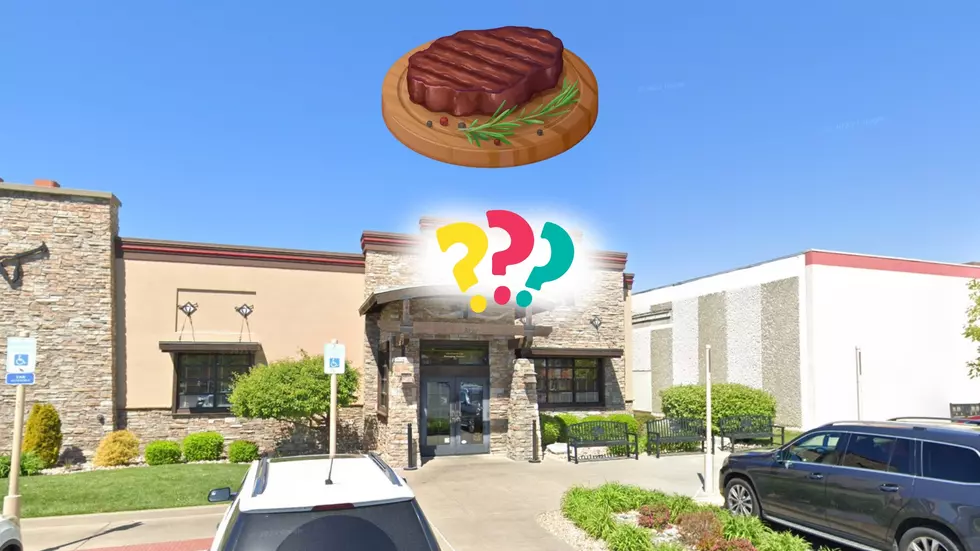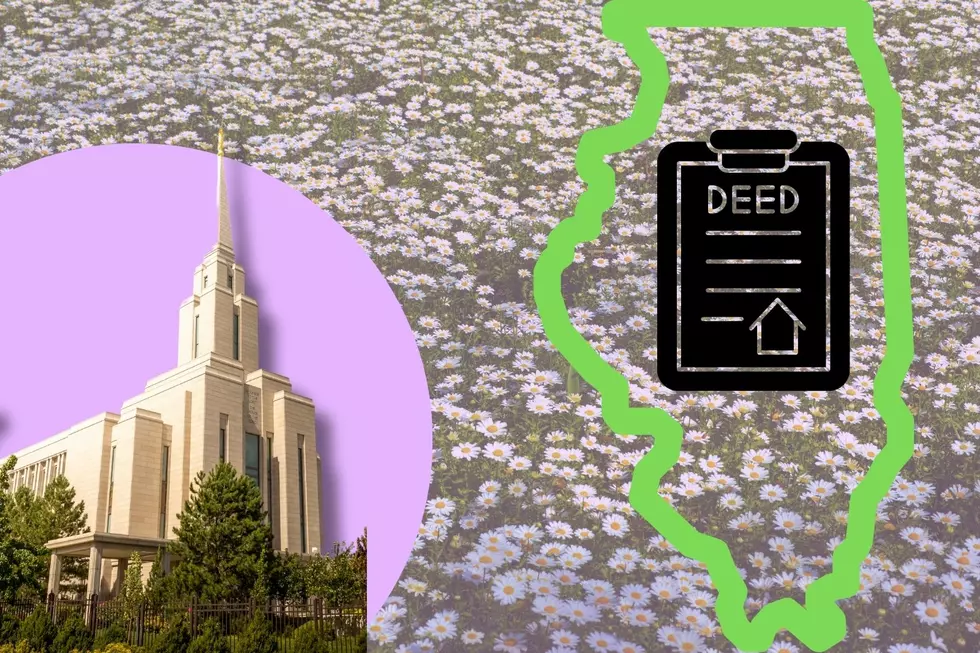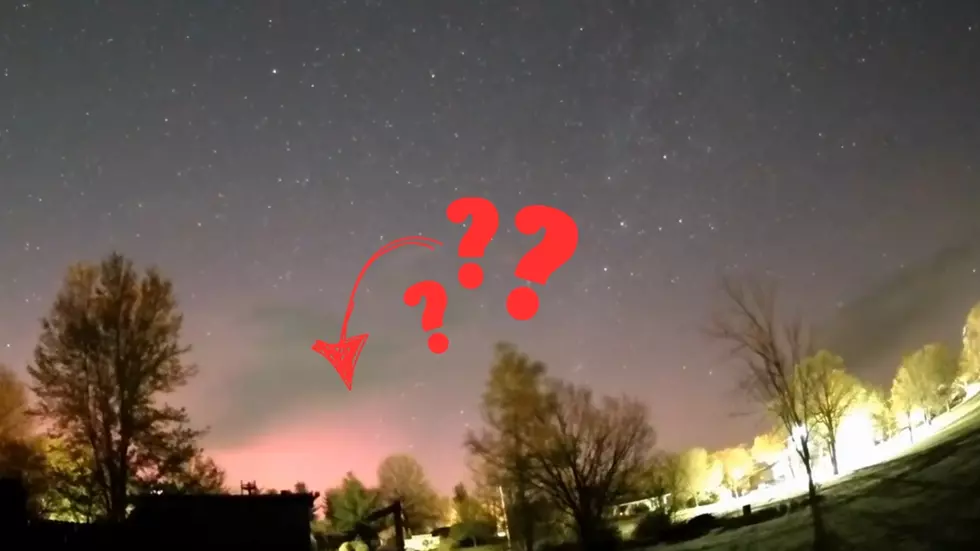
All-America Selections from U of I’s Garden
This gardening information is from Greg Stack at the University of Illinois
URBANA -- All-America Selections (AAS) is an organization that is always on the lookout for new, interesting, and better plant material. University of Illinois Extension horticulture educator Greg Stack said that two vegetables in the U of I trial garden at Lemont, Ill., received AAS recognition for 2012.
AAS makes its selections of new varieties of vegetables and flowers to be added to their program based upon observations in AAS trial gardens nationwide. They compare the new varieties to standards in the industry and identify new characteristics that make them special. This year, the U of I winners were a pepper called “Cayennetta” and a watermelon called “Faerie.”
Cayanetta grows to approximately 24 inches tall and 20 inches wide. It has a very dense canopy of foliage that protects the fruit from sun scorch. Fruits are thin, 3 to 4 inches long, and go from a dark, shiny green to bright red. The plant is well-branched and requires no staking. Its special qualities include tolerance to summer heat, put to a rigorous test in 2012, and cold tolerance.
“The fruit produced is outstanding and plentiful, and if you are a fan of mildly spicy peppers, this variety is for you,” Stack said. “The plants are very easy to grow in any full-sun location, and they also do well as ornamental edibles in containers.”
The other winner, Faerie, is a non-traditional watermelon because the outside rind color is creamy yellow with thin, light-green lines, similar to a cantaloupe. The flesh a pink-red and extremely sweet. This melon is perfect for the home gardener because it spreads only 8 to 10 feet. Each fruit is approximately 8 inches in diameter and weighs 4 to 6 pounds.
Stack called it “the perfect, family-sized, ice-box melon.”
Faerie is also very productive. Four plants planted in the Lemont garden have already produced 13 melons. As Stack said, “Good production, small-space adaptable, and tastes good. The perfect trifecta.”
Both of these new vegetable introductions offer a garden something, new, different, and unique.
“While everything labeled new or better is not always all it is intended to be, there are a few things that do catch the attention of horticulturists,” said Stack. “You might want to include them on your seed shopping list for next season.”
More From KHMO-AM 1070, News-Talk-Sports









